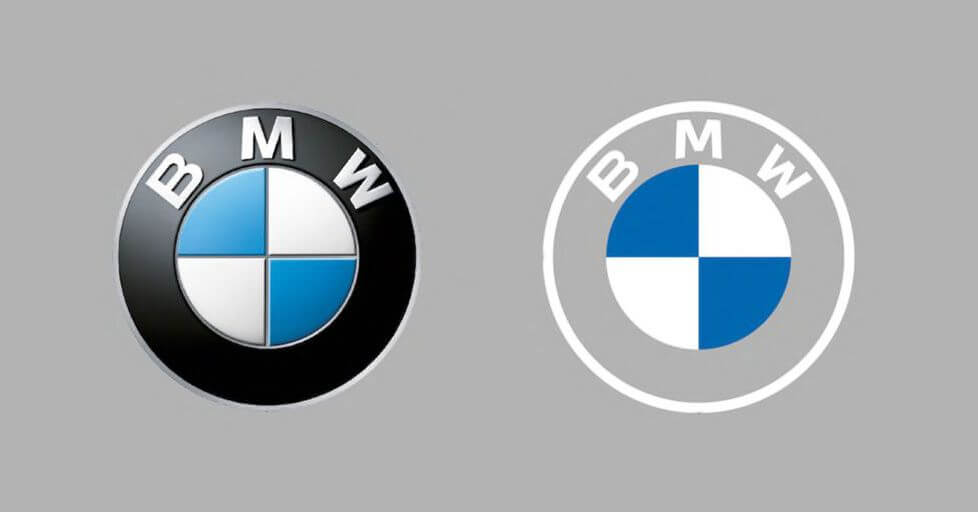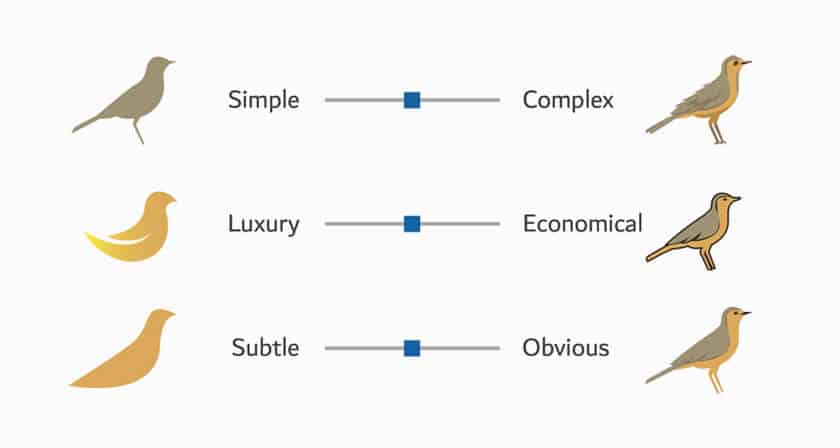Canva is an incredible new tool on the market. The seasoned Designer and non-designers alike are able to produce beautiful, professional finished pieces for just about every one of their business needs; business cards, postcards, social media reels, videos, posters, presentations – the list is practically endless! The available templates are enough to make anyone swoon with delight! We find Canva particularly friendly when it comes to sharing a template with clients who wish to edit their design in the future or for when a client asks for a matching branding across multiple social media accounts. Resizing is so easy with Canva! But it’s NOT A TOOL FOR LOGOS! Canva is just not the tool you want to use for something so very important.
5 Reasons to Avoid Canva for Logo Design:
Limited customizability
Canva’s logo designs are limited in terms of customization, so it’s hard to make a logo that truly stands out and communicates your brand. You’re basically pulling together pieces of clip art available from the same library everyone else is… not exactly a recipe for unique branding.
Limited scalability
Canva’s logo designs are not designed to scale, so if you plan to use your logo on a variety of platforms, you might experience some quality issues when enlarging it.
Canva logos can’t be trademarked
In a nutshell, your Canva logo is not your own and never will be. Canva’s pre-made layouts are available for ALL Canva users and your logo may end up looking like someone else’s and you cannot claim copyright over that unless you heavily modify the template. If you have the intention to take your brand to a higher level or if you make it big in the industry, a Canva logo is not a safe investment.
You must adhere to Canva’s licensing agreement
Canva’s licensing agreement states that your logos cannot contain elements from Canva’s image library – either free or paid. The only elements that you can use are basic shapes and lines, free fonts (default Canva fonts) and pre-made logo layouts.
If you upload your own graphic design elements or those you have paid for then you can use them for your logos made in Canva. Note that images that are sourced online have copyright claims that belong to their owner/creator and must not be used in any way, shape or form except if you have express approval from the rightful owner.
Now you may ask, what if you are paying for Canva for Work account? Well the answer is you still need to follow the terms of use. It’s like going to a members-only salon, you can avail of the services but you cannot bring home the equipment that you see in the salon. Get it?
No vector files
Canva doesn’t provide you with vector files of your logo. Why does this matter? All you need is a png or a jpg, right? Well, no. Not only are vector files crisper and render better, but the vector format allows you to take the logo and scale it up to a virtually endless size – think billboards or stage banner size. Without vector, it will eventually get fuzzy and pixelated. Editing a non-vector logo is problematic, too.
Ultimately…
It may be tempting to use a free program like Canva to create a trendy logo on your own, but be aware of the pitfalls and legal issues you may be up against down the road. Canva only offers generic logos and often result in amateurish designs. If you want a truly unique logo with a professional layout, invest in a professional logo designer to give your branding some true personality and very likely end up saving you time and money later. Your business deserves better than a Canva template-logo!
This content was originally published here.


